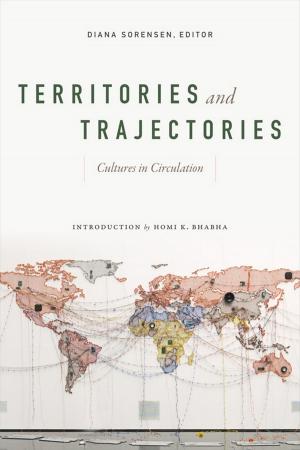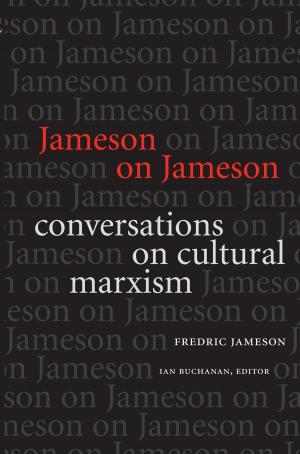Worlds Apart
Bosnian Lessons for Global Security
Nonfiction, Social & Cultural Studies, Political Science, International, International Security, International Relations| Author: | Swanee Hunt | ISBN: | 9780822394099 |
| Publisher: | Duke University Press | Publication: | September 2, 2011 |
| Imprint: | Duke University Press Books | Language: | English |
| Author: | Swanee Hunt |
| ISBN: | 9780822394099 |
| Publisher: | Duke University Press |
| Publication: | September 2, 2011 |
| Imprint: | Duke University Press Books |
| Language: | English |
Worlds Apart tells of a well-meaning foreign policy establishment often deaf to the voices of everyday people. Its focus is the Bosnian War, but its implications extend to any situation that prompts the consideration of military intervention on humanitarian grounds. Ambassador Swanee Hunt served in Vienna during the Bosnian War and was intimately involved in American policy toward the Balkans. During her tenure as ambassador and after, she made scores of trips throughout Bosnia and the rest of the former Yugoslavia, attempting to understand the costly delays in foreign military intervention. To that end, she had hundreds of conversations with a wide range of politicians, refugees, journalists, farmers, clergy, aid workers, diplomats, soldiers, and others. In Worlds Apart, Hunt’s eighty vignettes alternate between the people living out the war and “the internationals” deciding whether or how to intervene. From these stories, most of which she witnessed firsthand, she draws six lessons applicable to current conflicts throughout the world. These lessons cannot be learned from afar, Hunt says, with insiders and outsiders working apart. Only by bridging those worlds can we build a stronger paradigm of inclusive international security.
Worlds Apart tells of a well-meaning foreign policy establishment often deaf to the voices of everyday people. Its focus is the Bosnian War, but its implications extend to any situation that prompts the consideration of military intervention on humanitarian grounds. Ambassador Swanee Hunt served in Vienna during the Bosnian War and was intimately involved in American policy toward the Balkans. During her tenure as ambassador and after, she made scores of trips throughout Bosnia and the rest of the former Yugoslavia, attempting to understand the costly delays in foreign military intervention. To that end, she had hundreds of conversations with a wide range of politicians, refugees, journalists, farmers, clergy, aid workers, diplomats, soldiers, and others. In Worlds Apart, Hunt’s eighty vignettes alternate between the people living out the war and “the internationals” deciding whether or how to intervene. From these stories, most of which she witnessed firsthand, she draws six lessons applicable to current conflicts throughout the world. These lessons cannot be learned from afar, Hunt says, with insiders and outsiders working apart. Only by bridging those worlds can we build a stronger paradigm of inclusive international security.















